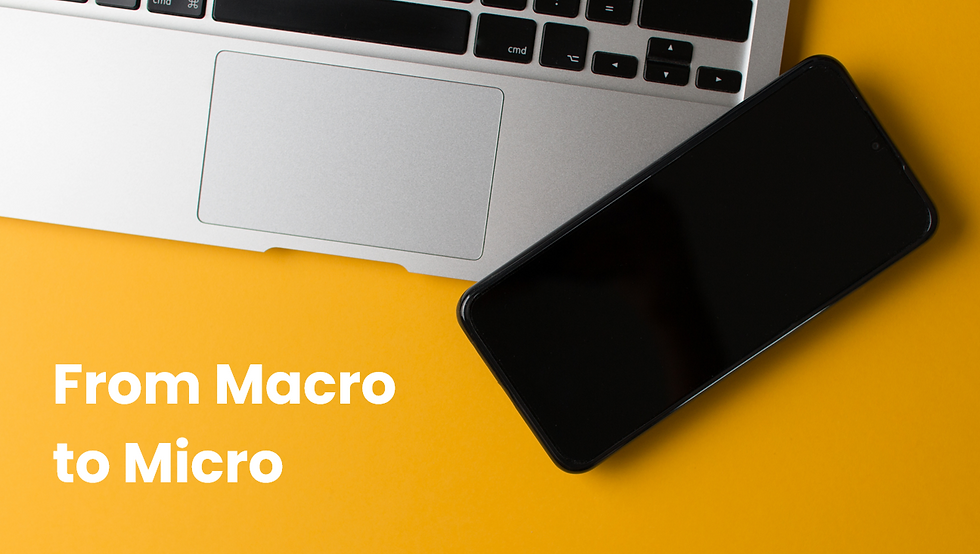What Does the Future of Workplace Learning Look Like?
- TCA

- Aug 1, 2024
- 2 min read
Updated: Mar 18, 2025

Insights from the WA HR Leadership Summit 2024: Shaping the Future of Workplace Learning
On Day 2 of the WA HR Leadership Summit 2024, our Managing Director - Dannie Phelan delivered a presentation on The Future of Workplace Learning. Her talk provided a fresh perspective on the challenges and opportunities faced by Learning and Development (L&D) teams in today’s rapidly evolving landscape, particularly as AI and new technologies reshape the way we approach capability development.
Dannie emphasised the increasing pressure on L&D teams to do more with fewer resources in an era of accelerating change. While there are concerns about AI potentially replacing jobs, especially in areas like learning design, she reframed AI as a powerful tool for enhancing creativity and innovation. By leveraging AI, L&D professionals can develop adaptive and predictive learning experiences that are not only more engaging but also tailored to individual needs, making learning more impactful.
The Rise of Social Learning and Virtual Reality (VR)

A key trend highlighted in the presentation was the growing role of social learning, where employees learn with and from one another. Dannie explored how technologies like virtual reality (VR) are transforming this space, with VR’s potential extending beyond technical training to fostering empathy and perspective-taking. This capability is particularly valuable in fields such as healthcare and client services, where understanding different perspectives can significantly impact outcomes.
However, Dannie acknowledged that while VR holds promise for the future of learning, its widespread adoption is still challenged by factors like cost and implementation complexity. She noted a number of organisations, including Perth trailblazers Facilitate, are removing these barriers with software that allows teams to create their own VR learning content.
The Shift Towards Flexible Microlearning and Micro-Credentials

Another significant trend discussed was the move away from traditional, lengthy training sessions to more flexible and personalised microlearning opportunities.
Dannie highlighted the value of micro-credentials in this shift, as they enable employees to acquire and showcase skills in a modular, portable way. This approach not only streamlines the onboarding process but also ensures that training aligns more closely with individual capabilities and organisational goals.
By embracing microlearning, organisations can foster a culture of continuous development, where learning becomes an integral part of daily work.
Empowering L&D Teams to Drive Change
Dannie concluded her presentation by encouraging organisations to explore these emerging technologies and learning approaches to create more dynamic, efficient, and engaging learning environments. This is not just desirable, but necessary as the pace of change increases.

She emphasised that by embracing the future of workplace learning, L&D teams can not only keep pace with change but actively drive it, positioning their organisations to remain competitive and ensuring that employees are well-equipped for what lies ahead.
The Capability Alliance is proud to be at the forefront of these discussions, helping organisations navigate the future of workplace learning with innovative strategies and practical solutions.


